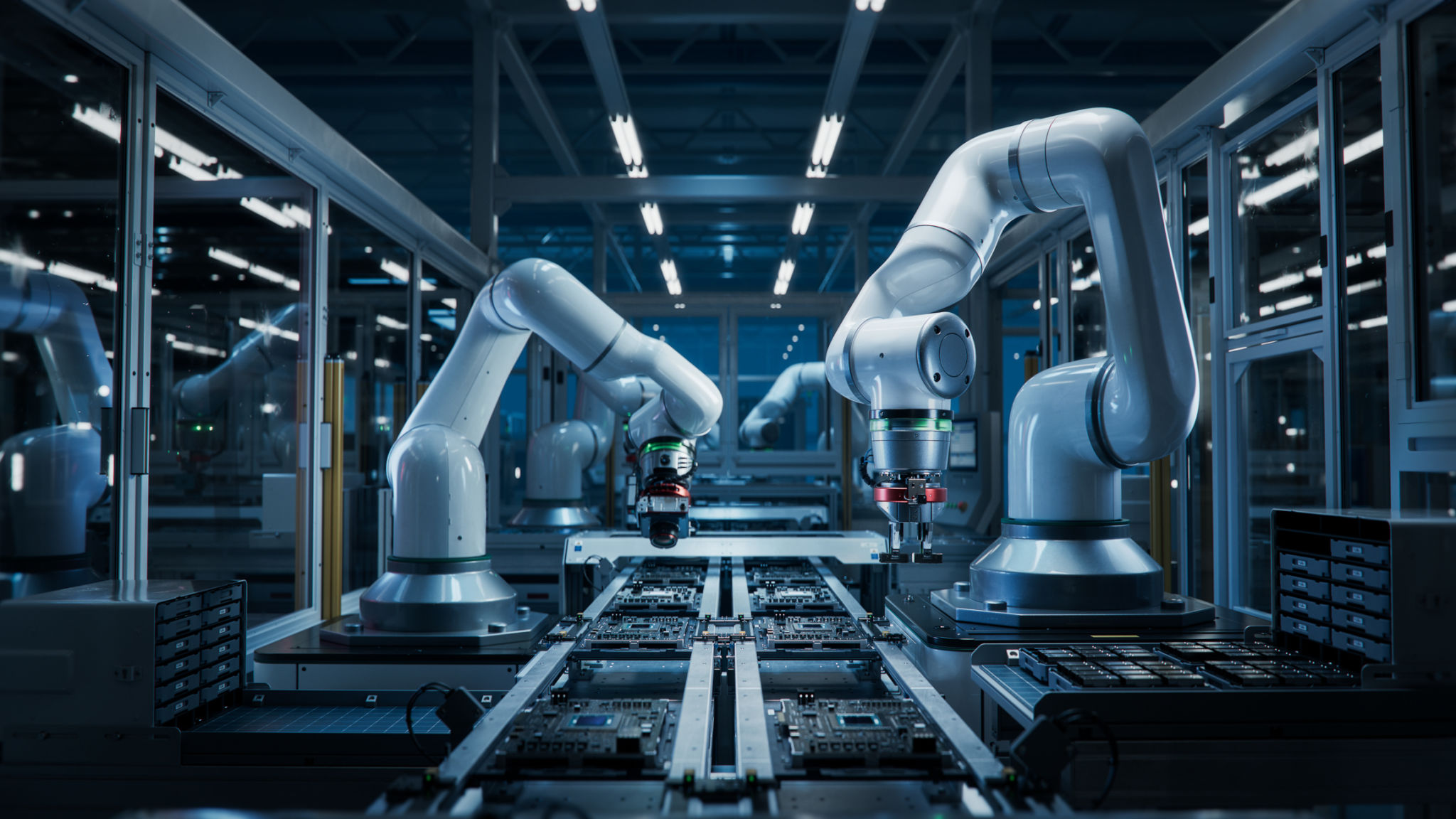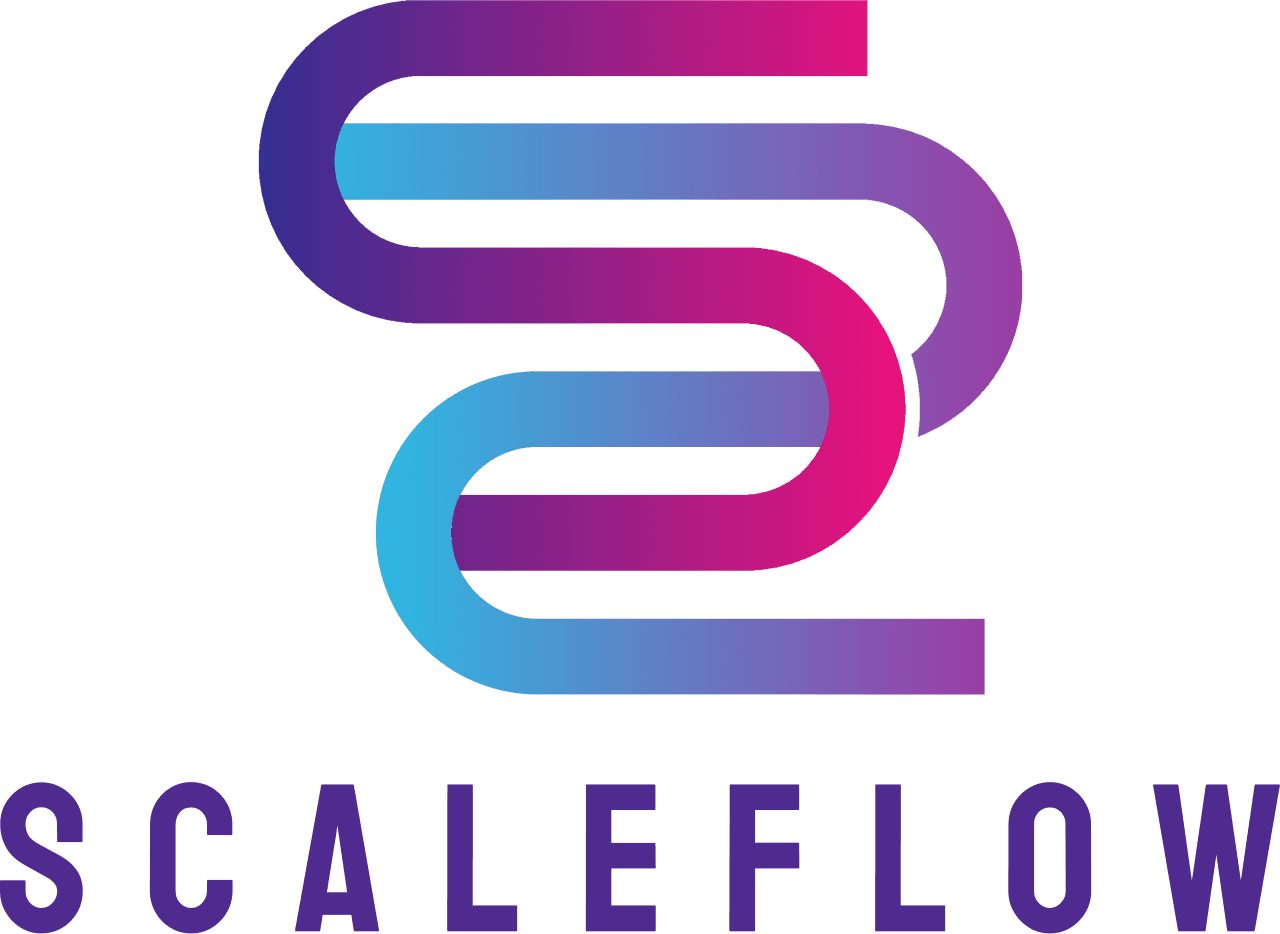How AI Automation Transforms Business Operations: A Deep Dive
In today's rapidly evolving business landscape, AI automation is transforming the way companies operate, making processes more efficient and cost-effective. Businesses across various sectors are embracing AI to streamline operations and enhance productivity. This deep dive explores how AI automation is reshaping business operations and the benefits it brings.

Enhancing Efficiency with AI Automation
One of the primary advantages of AI automation is its ability to significantly enhance operational efficiency. By automating repetitive tasks, businesses can reduce the time and resources spent on mundane activities. This allows employees to focus on more strategic initiatives that require human creativity and problem-solving skills.
For instance, AI-powered chatbots are revolutionizing customer service by providing instant responses to inquiries, thus improving customer satisfaction and freeing up human agents to handle more complex issues. Similarly, AI algorithms in supply chain management can predict demand, optimize inventory levels, and reduce waste.

Cost Reduction and Increased Profitability
AI automation not only improves efficiency but also leads to substantial cost savings. By minimizing human error and reducing the need for manual intervention, businesses can cut down on operational costs. Additionally, AI systems can process vast amounts of data quickly, identifying cost-saving opportunities that may not be immediately apparent to human analysts.
Moreover, AI-driven predictive maintenance in manufacturing reduces downtime by anticipating equipment failures before they occur. This proactive approach ensures continuous production and maximizes asset utilization, ultimately leading to increased profitability.

Empowering Data-Driven Decision Making
AI automation enables businesses to harness the power of big data for informed decision-making. Advanced analytics tools process and analyze data at an unprecedented speed, providing valuable insights into market trends, customer behavior, and operational performance.
With AI-driven analytics, companies can make data-driven decisions that enhance competitive advantage. For example, retailers can use AI to tailor marketing campaigns based on customer preferences, while financial institutions can assess risk more accurately when granting loans.

Facilitating Innovation and Growth
Beyond operational improvements, AI automation is a catalyst for innovation and growth. By automating routine tasks, businesses have more resources to invest in research and development. This shift allows companies to innovate faster and bring new products and services to market.
Furthermore, AI-driven insights can lead to the development of novel business models and revenue streams. Organizations that embrace AI are better positioned to adapt to changing market conditions and capitalize on emerging opportunities.

The Future of AI Automation in Business
As AI technology continues to evolve, its impact on business operations will only grow. Future advancements may include more sophisticated machine learning algorithms and increased integration with the Internet of Things (IoT), leading to smarter, interconnected systems.
Businesses that invest in AI automation today will be well-equipped to navigate the challenges of tomorrow's business environment. Embracing these technologies not only drives efficiency but also fosters a culture of continuous improvement and innovation.
In conclusion, AI automation is transforming business operations by enhancing efficiency, reducing costs, enabling data-driven decision-making, and fostering innovation. As organizations continue to integrate AI into their processes, they are poised to achieve greater success in an increasingly competitive global market.
